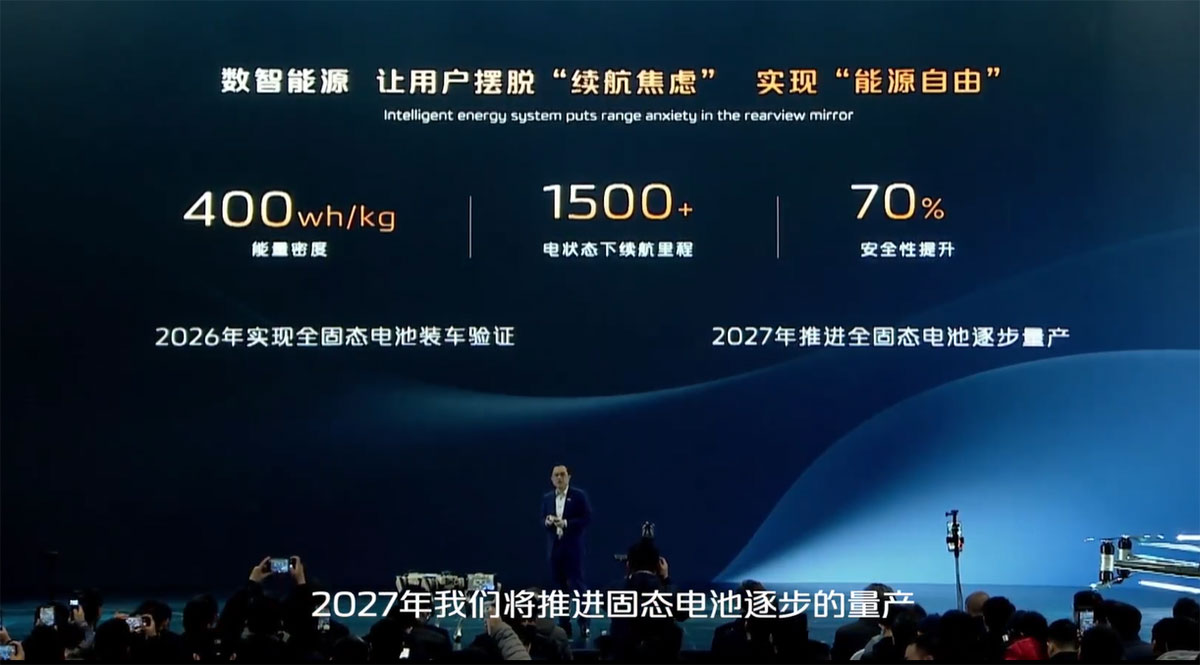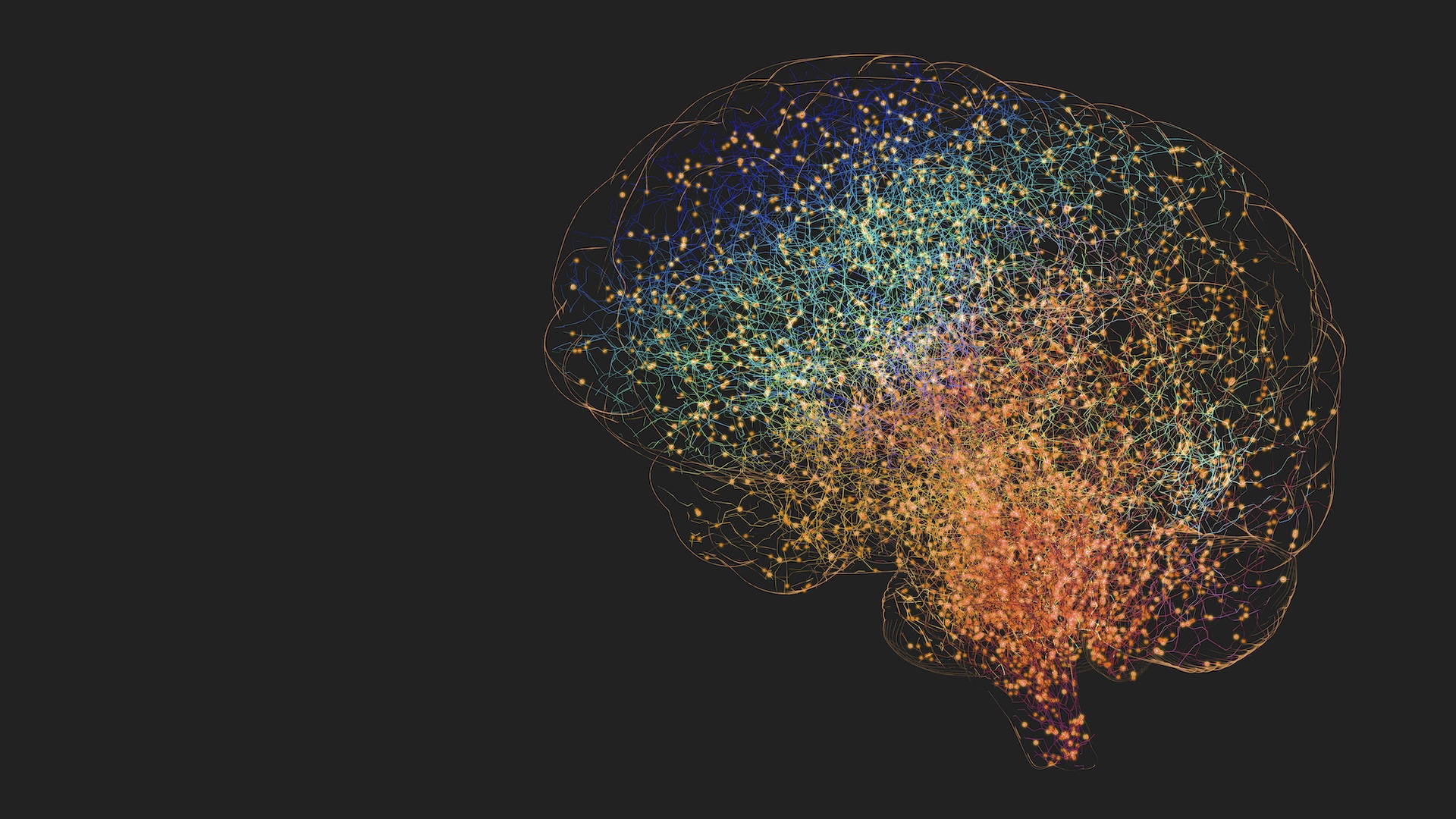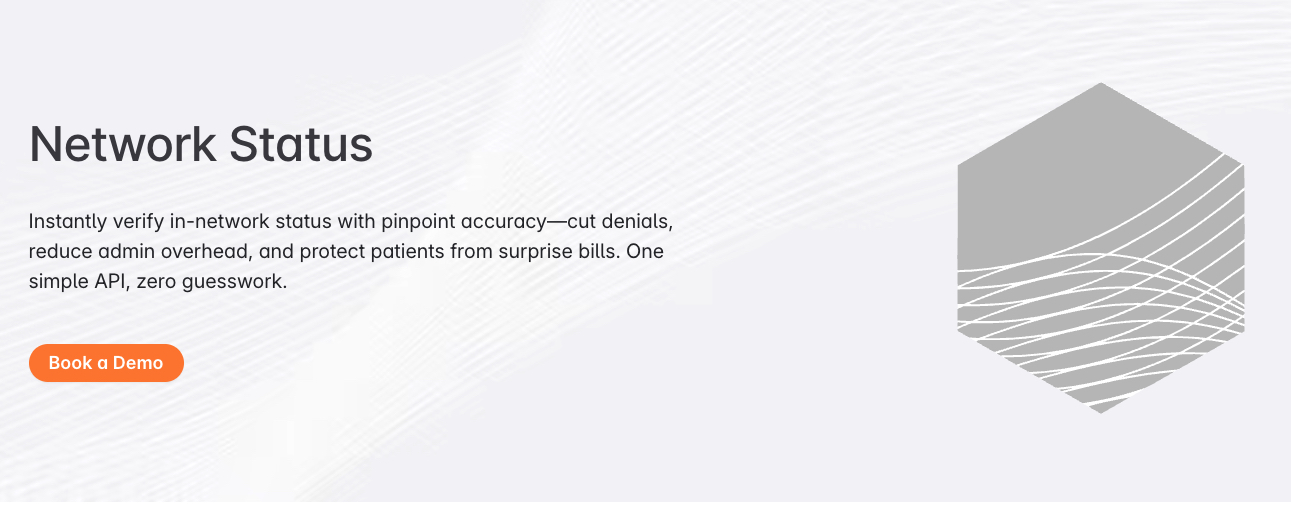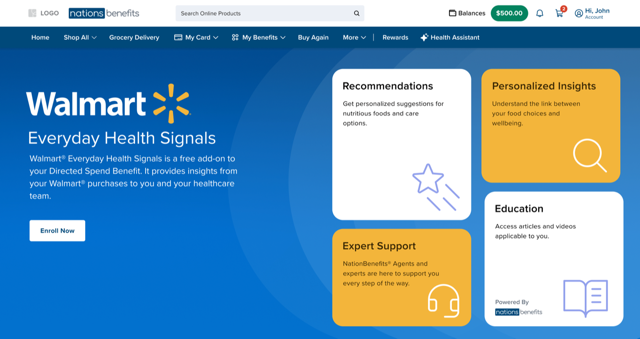Agentic AI is Driving a New Frontier for Intelligent Care and Operational Excellence in Healthcare
The following is a guest article by Rameez Chatni, Global Director AI Solutions – Pharmaceutical and Life Sciences at Cloudera The last two years have seen an adoption boom of agentic AI. No longer confined to research labs or theoretical discourse, these intelligent agents—AI systems capable of making decisions and acting autonomously—are now being rapidly […]

The following is a guest article by Rameez Chatni, Global Director AI Solutions – Pharmaceutical and Life Sciences at Cloudera
The last two years have seen an adoption boom of agentic AI. No longer confined to research labs or theoretical discourse, these intelligent agents—AI systems capable of making decisions and acting autonomously—are now being rapidly integrated into enterprise workflows. And healthcare is one of the most promising frontiers for these tools.
According to a recent study from Cloudera, over half of IT leaders have begun implementing agentic AI in the last two years, with 21% adopting the technology just within the past year. This rapid uptake reflects a pivotal moment: agentic AI has evolved from an emerging concept to a practical tool, accelerated by breakthroughs in large language models and automation technologies between 2023 and 2024.
This is more than a technological trend—it’s a strategic imperative. Nearly 60% of IT leaders surveyed believe that delaying AI adoption into 2025 could leave their organizations at a competitive disadvantage. For healthcare providers facing rising operational costs, clinician burnout, and escalating patient expectations, agentic AI is no longer a luxury—it’s a necessity.
Healthcare-Specific Use Cases: From Administrative Lift to Clinical Insight
While agentic AI adoption is generally widespread, the individual use cases across industries are quite different. For example, highly regulated industries such as finance and healthcare show a greater concern for compliance and transparency, whereas the technology sector is more concerned with integration complexity and talent gaps. Each industry must address a unique mix of obstacles—technical, organizational, and ethical—when rolling out AI agents.
With this, the leading use cases in healthcare include:
- Appointment Scheduling (51%) – AI agents streamline patient access by automating complex scheduling workflows across departments and systems
- Diagnostic Assistance (50%) – Clinicians are using AI-powered agents to analyze imaging or lab results, accelerating time-to-diagnosis and reducing the risk of oversight
- Medical Records Processing (47%) – By automating administrative tasks, AI agents free up time for clinicians to focus on direct patient care
While these are the most common use cases across healthcare currently, there are several other workflows where agents can be implemented. For example:
- Patient Flow Optimization: AI agents that predicts admission/discharge patterns to optimize bed allocation
- Staffing Optimization Agents: Agents that forecast patient volumes and acuity to recommend optimal staffing levels
- Supply Chain Management: Agents that predict supply needs and optimize inventory levels
- Prior Authorization Agents: Systems that gather required documentation and manage insurance authorization processes
- Coding and Billing Agents: AI that analyzes clinical documentation to suggest appropriate billing codes
Imagine a diagnostic agent trained on millions of X-ray images that can flag early-stage pneumonia or lung abnormalities invisible to the untrained eye. Or an agent that is dedicated to scheduling and rescheduling appointments, lifting the burden off of healthcare providers’ shoulders. Such tools are not replacing clinicians but augmenting them, offering evidence-based insights that enhance decision-making, improve diagnostic accuracy, and potentially save lives.
These agents are making a huge impact in reducing healthcare professional burnout, helping to manage busy workloads and streamline patient interaction. Another recent study shows that healthcare facilities using agentic AI for administrative tasks have led to a 40% reduction in those tasks and a 35% improvement in patient outcomes.
The Trust Imperative: Addressing AI Bias and Ethical Concerns
While every industry must navigate its own challenges with AI adoption, healthcare brings a unique mix of regulatory, ethical, and operational concerns. Data privacy, transparency, and compliance are top of mind, particularly given the industry’s heightened scrutiny under laws like HIPAA and the increasing emphasis on ethical AI use. One of the most pressing challenges facing agentic AI is the risk of algorithmic bias, where flawed or incomplete training data can skew results and perpetuate systemic inequities.
A landmark study from Yale University recently highlighted the pervasiveness of bias across the AI lifecycle—from data collection and model training to deployment and real-world application. When diagnostic tools are trained on non-representative datasets, they can underperform for underrepresented populations, leading to misdiagnosis and compromised care.
One example is disparities in treatment recommendations. A study published in Nature Medicine found that AI models have been seen to recommend different treatments for patients with identical clinical profiles based solely on socioeconomic status. Specifically, wealthier patients were more often advised to undergo advanced diagnostic tests like CT scans or MRIs, while lower-income patients were less likely to receive such recommendations.
For healthcare organizations, this is a call to action. Building trustworthy AI requires a commitment to inclusive data practices, transparency in decision-making, ethical governance from the ground up, and comprehensive bias testing– all of which require a modern data architecture to effectively manage. With a modern data architecture, healthcare organizations can prevent unauthorized manipulation or unintentional bias injection as well as easily support compliance with regulations like HIPAA or GDPR, ensuring ethical operations. A modern data architecture will also help combat unintentional AI bias by providing greater control to ensure that AI models are trained on correct, diverse, and representative datasets, pulling from secure data from various demographic groups to minimize biases that arise from homogeneous training data.
A Roadmap for Responsible Adoption in 2025 and Beyond
To fully realize the potential of agentic AI in healthcare— and beyond— organizations must take deliberate steps to prepare their infrastructure, people, and policies. Here are four key recommendations:
- Modernize Your Data Infrastructure— Data privacy, quality, and interoperability are foundational to AI success; healthcare providers must invest in secure, unified platforms capable of handling the volume and complexity of health data, while maintaining rigorous privacy controls
- Prioritize High-Impact, Low-Risk Projects— Start with contained use cases that offer measurable ROI, such as internal IT helpdesk agents or patient intake agents, before scaling to more complex clinical applications
- Establish Accountability and Governance— AI agents don’t just provide insights—they take actions. Clear accountability structures must define who is responsible for their outcomes: developers, users, or the operations team; from there, build robust governance frameworks to ensure responsible deployment
- Upskill Teams for Human-AI Collaboration—Equip staff with hybrid skills that bridge clinical expertise and AI literacy; encourage a culture of collaboration where AI is seen not as a threat, but as a partner in care
One main thing to remember when deploying agents is that they do not have to be autonomous right away. Ensuring that there is a human in the loop is essential for compliance in regulated industries like healthcare. These agents are meant to act as an assistant with tasks that can easily be automated, but are not meant to be a replacement for the human worker, especially when patients’ lives are potentially at stake.
Agentic AI is not just another wave of digital transformation—it’s a paradigm shift in how healthcare is delivered, experienced, and managed. By embracing this technology thoughtfully, healthcare leaders have a once-in-a-generation opportunity to drive better outcomes, enhance operational resilience, and create a more intelligent, equitable healthcare system.
 About Rameez Chatni
About Rameez Chatni
As Global Director AI Solutions—Pharmaceutical and Life Sciences at Cloudera, Rameez Chatni has more than a decade of experience and a robust skill set across biomedical, data, and platform engineering, machine learning, and more. Most recently, Rameez served as the Associate Director of Data Engineering at AbbVie, a biopharmaceutical company. He is passionate about creating end-to-end, innovative, and robust technical solutions for pressing business and customer-centric problems. Rameez holds a bachelor’s degree and a master’s degree in Electrical Engineering and a PhD in Bioengineering, both from Purdue University.

























































































































































